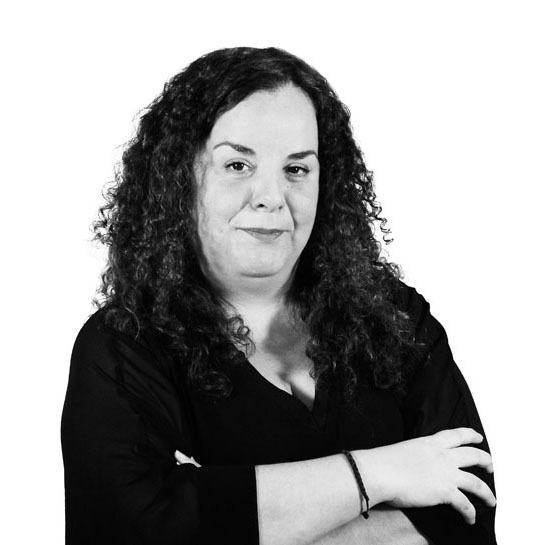Former Women’s House, in María Auxiliadora. /
The Diputación has given him the building of María Auxiliadora, which they are going to adapt now to be able to occupy it in January of next year
The Nuestra Señora de la Luz school is going to move its day center to the old Casa de la Mujer, closed in 2018 due to the move to its new headquarters on Elvas Avenue. The Diputación de Badajoz, which is the owner, formalized in its plenary session in April the free transfer of the María Auxiliadora building to the school for the next 20 years.
Now, the center, which has its headquarters very close, on Godofredo Ortega y Muñoz avenue, is already asking for budgets to carry out the adaptation works of the facilities that allow its transfer. To do this, they have 300,000 euros from two grants, one from the Junta de Extremadura, through Sepad, of 200,000 euros and another from the Badajoz City Council of 100,000 euros to finance the work.
However, due to the increase in the cost of construction materials, the center fears that the budget will fall short to be able to carry out a work that allows the activity of its day center to be carried out in the old House of the Woman early next year. At the moment, the technical assessment of the improvements that the building would need to be able to function as a day center calculates that the work will cost around 360,000 euros.
They currently serve 32 people with intellectual disabilities and in the new building they will be able to expand up to 35 places
“The transfer is a necessity because our facilities have become too small,” explains Lourdes Delgado Magariño, the technical director of the day center and the occupational center of La Luz. The lack of space has become more evident during the pandemic in a center that is a school, residence, occupational center and day center and that cares for more than 150 people with intellectual disabilities on a daily basis.
Currently the day center at its headquarters in Valdepasillas has 32 places and with its transfer to the old Casa de la Mujer they want to reach up to 35. People with great needs go there but are external, that is, they live with their families but come daily to the day center where they receive psychological attention, psychomotricity sessions, occupational therapy and, above all, they have caregivers.
more classrooms
In the center they also eat and return home at 5:00 p.m., which covers the day care of its users and is a support for families in their caregiving task, which gives them options to be able to reconcile with their work life.
The space that it will leave free in its Godofredo Ortega and Muñoz facilities still do not know what they are going to use it for. “We are assessing whether we are going to expand the occupational center or build more classrooms for the school,” says Delgado Magariño, who says that there are many needs to choose from, but that the priority now is to carry out the works for the transfer of the day center because They are very limited on space.
In the school they have fifty children, in the residence 23 users and in the occupational center they offer 109 places that are covered. This service, like that of the day center, is also daytime, in this case what they offer their users are laundry workshops, leather goods, gardening, community services and inclusion activities to get around the city.
Outside their facilities in Valdepasillas, they manage four sheltered homes and the special employment center, where they employ people with intellectual disabilities in their industrial laundry.
The Nuestra Señora de la Luz center has been in Badajoz for 56 years. It was created in 1966 by the Instituto ‘Hogar de Nazaret’, founded by the priest from Fuente del Maestre Luis Zambrano. Since its inception they have been dedicated to caring for the most needy: marginalized, maladjusted children, with family and economic problems, the elderly and the disabled. They are currently integrated into Full Inclusion Extremadura.
www.hoy.es
Eddie is an Australian news reporter with over 9 years in the industry and has published on Forbes and tech crunch.
